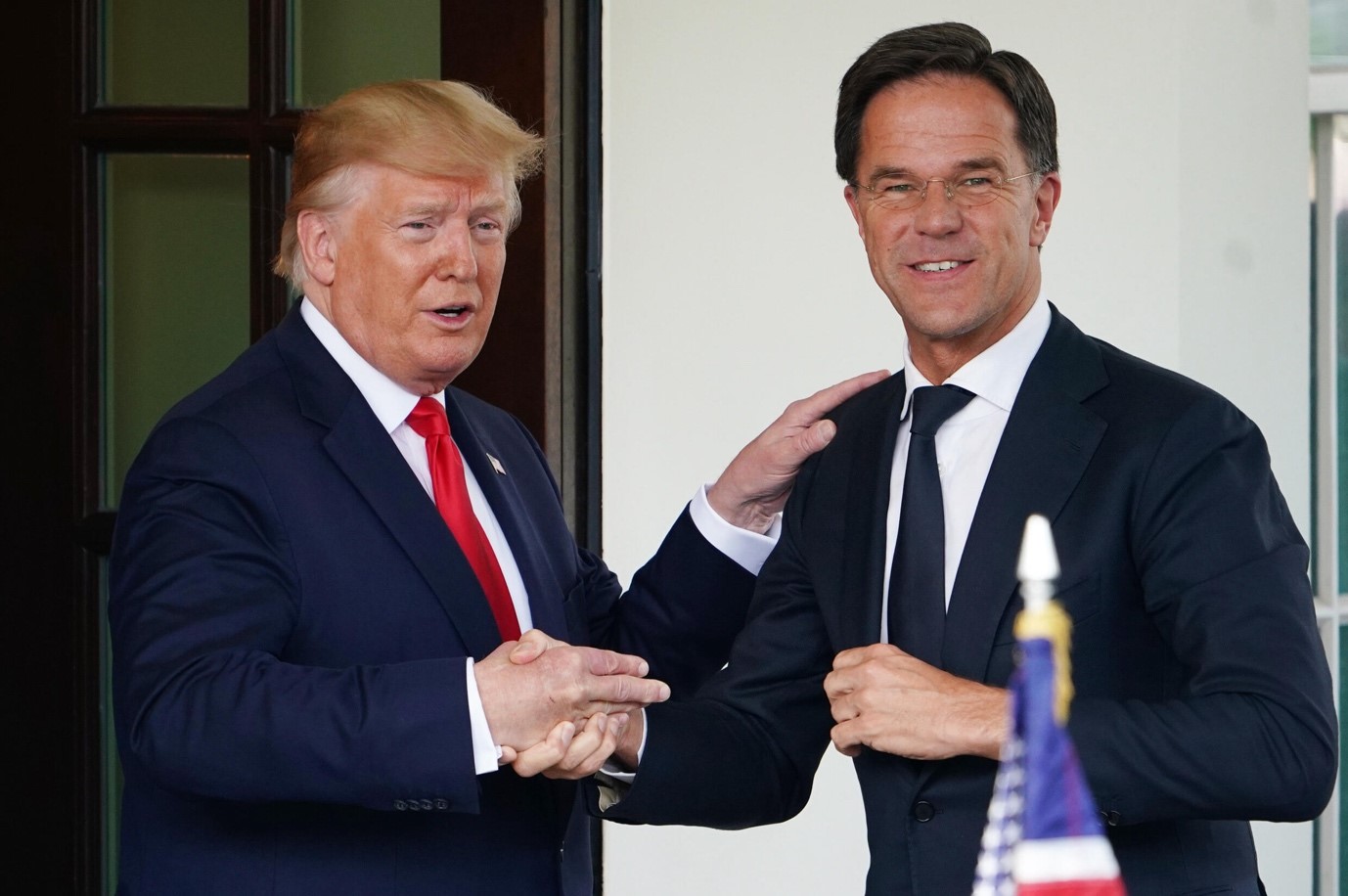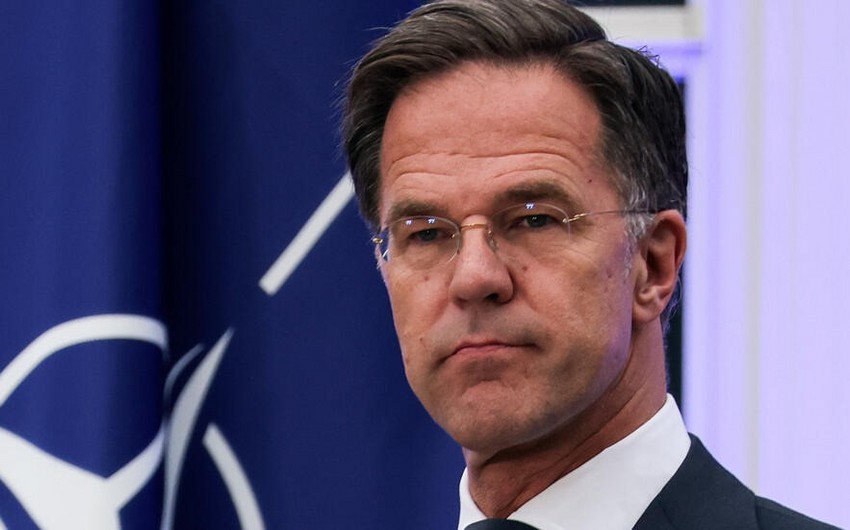Mark Rutte, the interim Prime Minister of the Netherlands has finally achieved what he has been striving for a long time. Despite his initial formal disinterest, the Dutch politician has been slowly and quietly approaching the sides to support his candidacy until finally proclaiming his interest in the job last fall.
Already the favorite to head NATO, Dutch Prime Minister Mark Rutte won the support of three major countries last Thursday: the United States, the United Kingdom and Germany. He would succeed Jens Stoltenberg in a crucial post, in the midst of the war in Ukraine. The Alliance is pinning its hopes on him to try and reason with Donald Trump in the event of his re-election.
In the absence of agreement between the allies on a new head of NATO, the current Secretary General Stoltenberg was reappointed last summer for a further year. By then, the Norwegian would have led the organization for ten years.
In such circumstances and due to the longevity with which Jens Stoltenberg has been operating as the head of the trans-international organization, the change was needed.

Washington has made it "clear" to its allies that the Dutch Prime Minister would make "an excellent Secretary-General", said White House spokesman John Kirby on Thursday. While the Americans usually have the final say on the choice, the position is reserved for a European.
"We want a strong candidate," said a spokesman for British Prime Minister Rishi Sunak earlier, saying he "strongly" supported the Dutch leader's candidacy.
"Rutte is highly respected within the Alliance, has a strong record in defense and security, and will ensure that the Alliance remains strong and ready to provide defense and deterrence," he said, praising Jens Stoltenberg's "leadership" over nine years.
Meanwhile, German Chancellor Olaf Scholz "supports the appointment of Mark Rutte as NATO Secretary General", his spokesman Steffen Hebestreit also announced a few hours later.
"With his immense experience, his great expertise in security policy, and his keen sense of diplomacy, he is an exceptional candidate," he wrote on the X social network.
Nevertheless, the fight for such a crucial position has been long and has been overshadowed by disagreements within the alliance. Romania, whose put its own candidate in the form of Claus Iohannis, has been opposing the nomination and subsequent appointment of Mark Rutte.
Another candidate, Estonian Prime Minister Kaja Kallas, has also been a part of the discussion, due to the growing sentiments that the post requires a woman to take a job after years of male presence at the helm of NATO.
While the European issues have been at the forefront of the appointment, another important subject that has been preoccupying the American side, was to counterbalance Donald Trump’s potential arrival at the White House next year with a figure, such as Mark Rutte.
The importance of this choice lies in a particular diplomatic set of skills, Rutte has accumulated over the years and his ability to oppose Donald Trump, as was previously seen during Trump’s presidential stint.
One of the candidates for the position of head of NATO was Ben Wallace. The former Minister of Defense of the UK was widely supported by the European nations except France. As part of his shuttle diplomacy, President Macron has been opposing the candidacy of Wallace as he believed that British politician was too aggressive towards Russia, which might lead to further escalation of tensions between the bloc and its archrival.
According to the British daily The Guardian, such a viewpoint has been translated to President Biden by President Macron on several occasions, and after relentless lobbying against Wallace, the American side decided to block his nomination.
Officially, it is yet unknown whether Mark Rutte has got the job. Further discussions are underway, but the support of the White House might be the main driving force for the appointment of the Dutch politician and serve both as an opportunity to rejuvenate the organization as well as make Trump’s potential comeback to the American presidency as difficult as possible.
Jamal Mustafayev


 https://images.report.az/photo/742ae9ee-90fe-34e2-928d-f2c6ccf500fd.jpg
https://images.report.az/photo/742ae9ee-90fe-34e2-928d-f2c6ccf500fd.jpg

